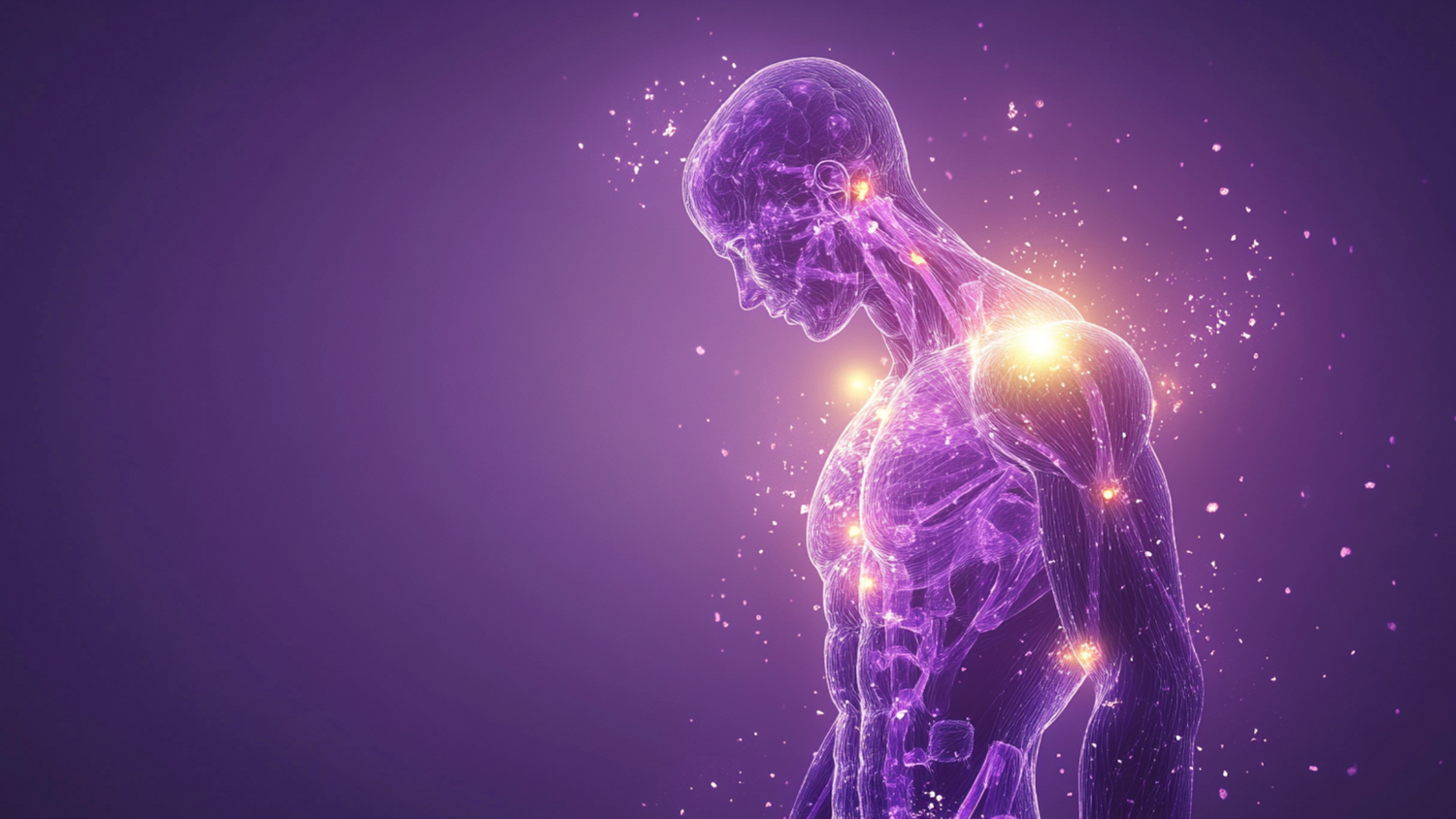Key Takeaways:
- Vitamins play a crucial role in energy production, immune function, brain health, and longevity.
- Deficiencies in key vitamins such as B12, D3, and K2 can impact metabolism, bone health, and cardiovascular function.
- A well-balanced diet, combined with high-quality supplements, can support overall health and vitality.
Did you know that vitamin B12 is vital for brain function and the formation of red blood cells, yet up to 20% of older adults may be deficient? (R) While vitamins are often associated with simply preventing deficiencies, they are much more than that—they are essential for nearly every biological process in your body. From supporting immune function and metabolism to keeping your brain sharp as you age, vitamins influence your health in ways you may not even realise.
How Do Vitamins Work in the Body?
Vitamins are organic compounds that your body needs in small amounts to function properly. Unlike macronutrients such as protein and carbohydrates, vitamins do not provide energy directly. Instead, they act as catalysts in metabolic reactions, enabling enzymes to carry out essential processes such as energy production, DNA synthesis, and immune response (R).
Each vitamin has a unique role in the body, and deficiencies can lead to a range of health issues, from fatigue to cognitive decline. Let’s explore some of the most important vitamins and what they do for your body.

Vitamin B1 (Thiamine): The Energy Booster
Thiamine (Vitamin B1) plays a key role in converting carbohydrates into energy. It is particularly important for brain function and nerve signalling. A deficiency in thiamine can lead to fatigue, irritability, and even nerve damage, known as beriberi. Since thiamine is water-soluble, it is not stored in the body and must be consumed regularly through diet or supplementation (R).
Where to Find It:
- Whole grains
- Legumes
- Nuts and seeds
Vitamin B6 (Pyridoxine): Essential for Brain and Mood Health
Vitamin B6 is involved in over 100 enzymatic reactions, many of which relate to protein metabolism and neurotransmitter production. It is crucial for mood regulation, as it helps produce serotonin and dopamine. Low levels of B6 have been linked to depression, cognitive decline, and weakened immune function (R).
Where to Find It:
- Poultry
- Bananas
- Chickpeas
Vitamin B12 (Methylcobalamin): The Nerve and Energy Vitamin
Vitamin B12 is essential for red blood cell formation, DNA synthesis, and neurological function. It helps prevent anaemia and supports cognitive health. Since B12 is primarily found in animal-based foods, vegans and vegetarians are at higher risk of deficiency (R).
Where to Find It:
- Meat
- Eggs
- Dairy products
Vitamin C (Ascorbic Acid): The Immune System Defender
Vitamin C is well-known for its role in immune support, but its benefits go far beyond that. It is a powerful antioxidant that protects cells from oxidative stress and aids in collagen synthesis, which keeps your skin, joints, and blood vessels strong. It also enhances iron absorption from plant-based foods (R).
Where to Find It:
- Citrus fruits
- Bell peppers
- Strawberries

Vitamin D3: The Sunshine Vitamin for Bone and Immune Health
Vitamin D3 helps regulate calcium absorption, making it essential for strong bones and teeth. It also plays a key role in immune function and inflammation control. Studies suggest that adequate vitamin D levels may reduce the risk of chronic diseases, including heart disease and autoimmune conditions. Since it is primarily obtained from sunlight, deficiency is common, especially in people who spend a lot of time indoors (R).
Where to Find It:
- Sunlight exposure
- Fatty fish
- Fortified dairy products
Vitamin K2 MK-7: The Bone and Heart Protector
Vitamin K2 directs calcium to the bones and teeth while preventing it from depositing in the arteries. This makes it crucial for both bone density and cardiovascular health. Research suggests that vitamin K2, particularly in the MK-7 form, is more bioavailable and effective in supporting bone mineralisation and reducing arterial stiffness (R).
Where to Find It:
- Fermented foods (e.g., natto, sauerkraut)
- Cheese
- Egg yolks
Choline: A Key Nutrient for Brain and Liver Health
Choline is an essential nutrient that supports brain development, memory, and liver function. It plays a role in the production of acetylcholine, a neurotransmitter involved in muscle control and cognitive function. Deficiencies have been linked to cognitive decline, fatty liver disease, and muscle damage (R).
Where to Find It:
- Eggs
- Liver
- Cruciferous vegetables
Do You Need a Supplement?
While a balanced diet should always be your first choice, factors like modern food processing, soil depletion, and lifestyle habits can make it difficult to get all the necessary nutrients from food alone (R). Supplements can help fill in the gaps, ensuring you get adequate amounts of essential vitamins and minerals to support optimal health. It is always best to check with a trusted healthcare professional first, before you supplement.

Nourish Your Body for Longevity
Vitamins play an essential role in your body’s ability to function optimally, from supporting energy production and brain function to protecting your bones and heart. Whether through food or supplements, ensuring you get the right vitamins can be a game-changer for your overall health and longevity.
If you want to dive deeper into the best longevity supplements, check out our blog here: The World of Longevity Supplements Explained.





